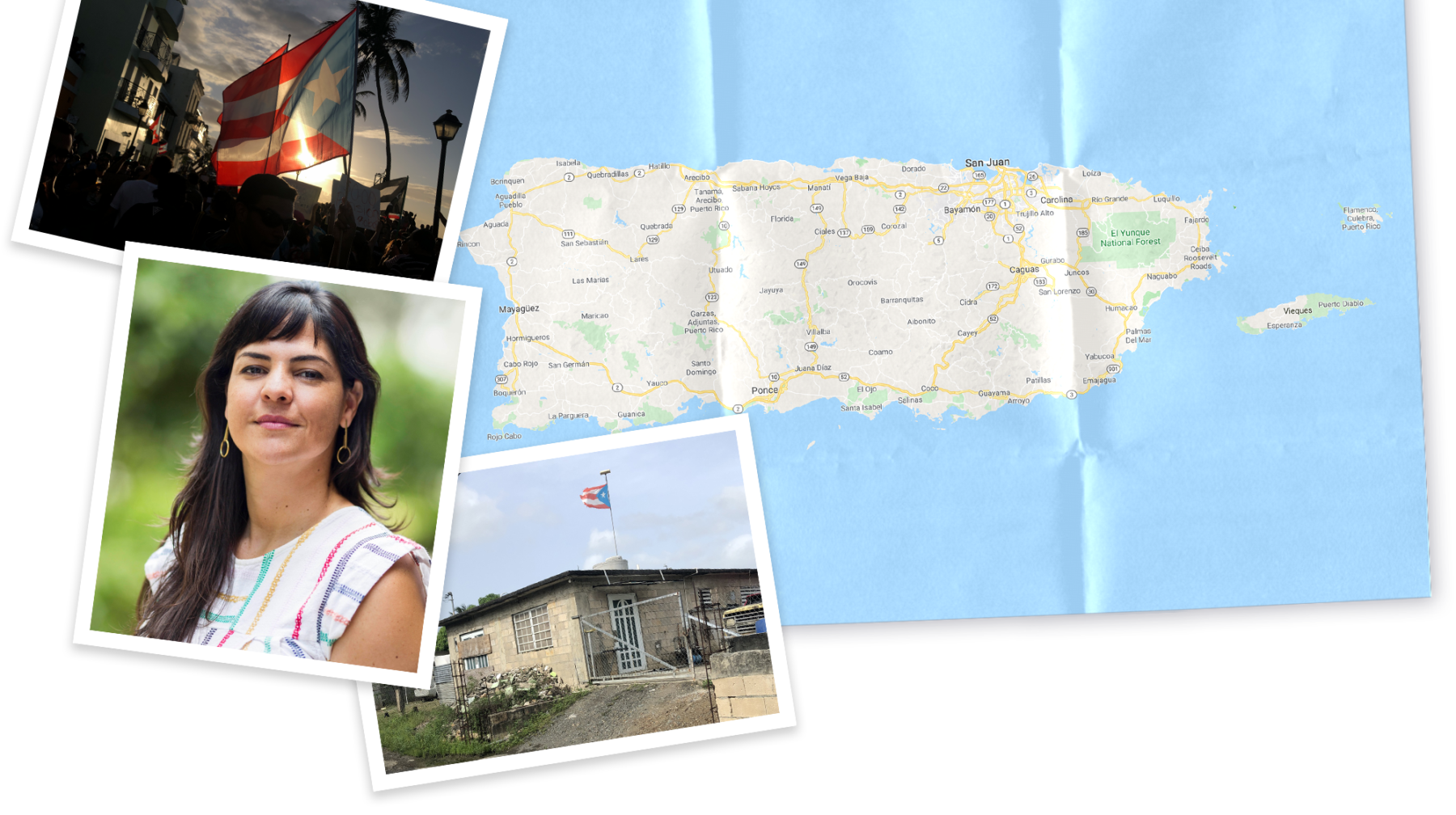
Laura Pérez Sánchez was awarded a journalism fellowship that has given her the opportunity to thoroughly report on Puerto Rico’s recovery efforts since Hurricane Maria.
Photos courtesy of Laura Pérez Sánchez
Writing wrongs
“Journalism matters because power needs to be held accountable. It’s that simple.”
Throughout her journalism career, first with the Associated Press and then the Puerto Rican newspaper El Nuevo Dia, Laura Pérez Sánchez has aimed to take the local government news of the day — whether it’s abandoned landmark hotels, or questionable tax breaks — and show her audience that these problems don’t come out of nowhere, they have a history.
“In this day and age, there’s so much information out there … and unfortunately there’s not that much information literacy; how to understand all the things you have in the palm of your hand,” Pérez Sánchez said. “We journalists can explain to people what is happening, especially put things into context. Say, ‘Ok, so you’re reading all of this, but let me explain to you who this politician is and where he or she came from.’”
As an example, Sánchez said a few years back she “read a story on a port that they were supposed to develop here on the southern coast.” But when she dug through the archives, she learned that Puerto Rican government officials had already spent three decades doing feasibility studies for this port, which were ultimately fruitless. “I thought, how much money have we spent?”
After Hurricane Maria tore through her island in 2017, Pérez Sánchez suspected that the recovery effort would not be without challenges, especially for the poorest communities. She wanted to make sure that her fellow islanders could stay informed of both the current situation and its history.
That desire brought Pérez Sánchez to Harvard as an Abrams Nieman Fellow. The 18-month fellowship — a new program which supports journalists who cover local news in areas of the US where journalism resources are scarce — allowed Pérez Sánchez to explore the history that led up to the hurricane recovery, and then come back home and get to know more deeply the underserved community she’d be reporting on, in the eastern part of the island.
Pérez Sánchez explained that parts of this community are living in houses that have yet to be repaired from hurricane damage more than two years later. “I’ve been going back to that community every month, talking to people, trying to understand,” she said. ”I ask, ‘What’s been happening?’ and they start telling a story and start to cry. The trauma that these people are going through. This is something I wouldn’t know if I were to go there once and then write the story. Now I’ve had the odd privilege of seeing how this is lasting, and it’s not changing.”
Pérez Sánchez plans to publish her findings with El Centro de Periodismo Investigativo, a local nonprofit that promotes investigative journalism in Puerto Rico, while working with other local media outlets to publish the story simultaneously. “I would love this project to be an opportunity for that kind of collaboration,” Pérez Sánchez explained, “which I think is the future of journalism.”
Pérez Sánchez said her next step as an independent journalist will be to build from this experience by continuing to combine humanity with history to help her fellow Puerto Ricans better understand other issues that affect their island, like the jail system, women’s rights, and domestic violence.
This story is part of the To Serve Better series, exploring connections between Harvard and neighborhoods across the United States.




